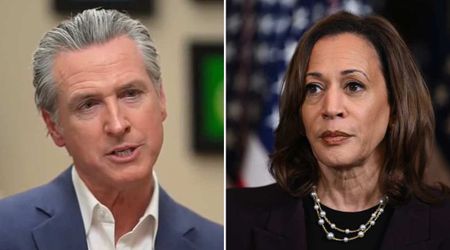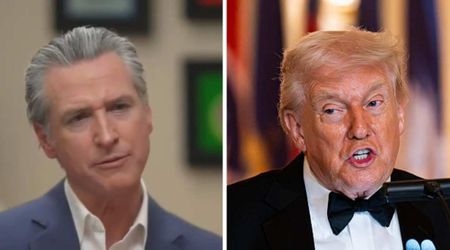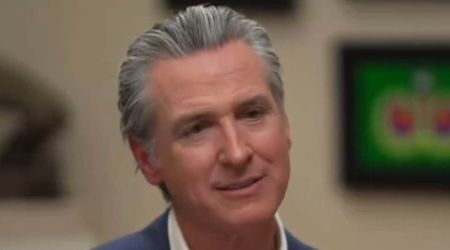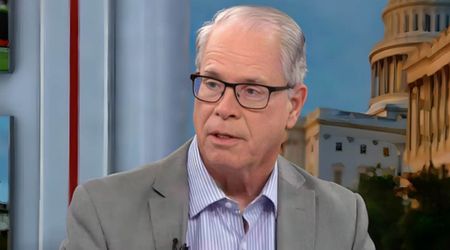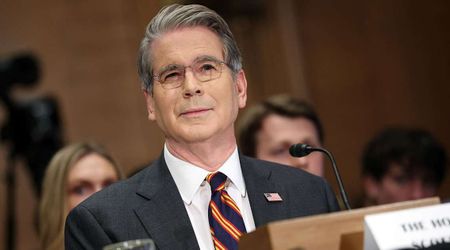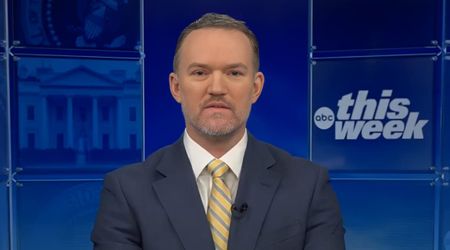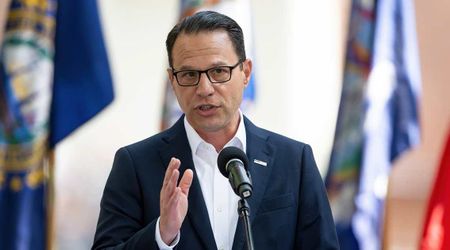Biden-Trump debate: A look at possible hot-button topics for June 27 showdown
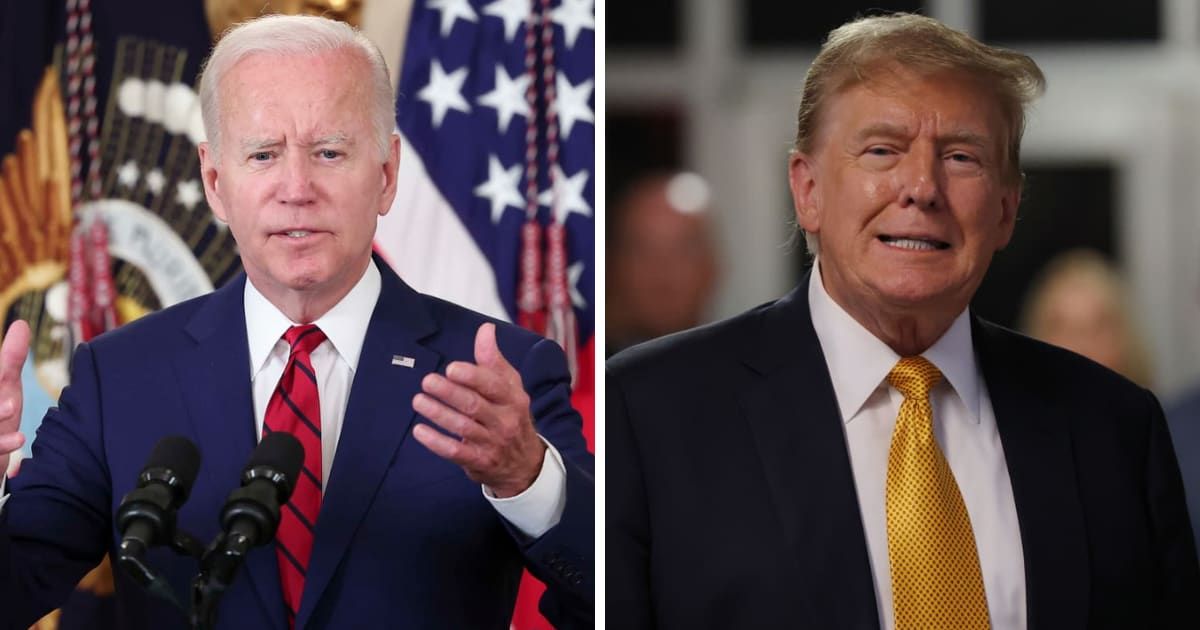
Biden-Trump debate: Here’s a look at possible topics to be discussed, from immigration to abortion rights

President Joe Biden and his predecessor, Donald Trump, will come face to face on June 27 at the CNN headquarters in Atlanta for their first presidential debate of the election year. The stage will witness both major party candidates, seeking a second term at the White House, attacking each other after lashing out indirectly for months. From the ex-POTUS' legal cases to reproductive rights, here are eight key issues both will likely bring up during the crucial debate.
1. Hunter Biden's legal issues
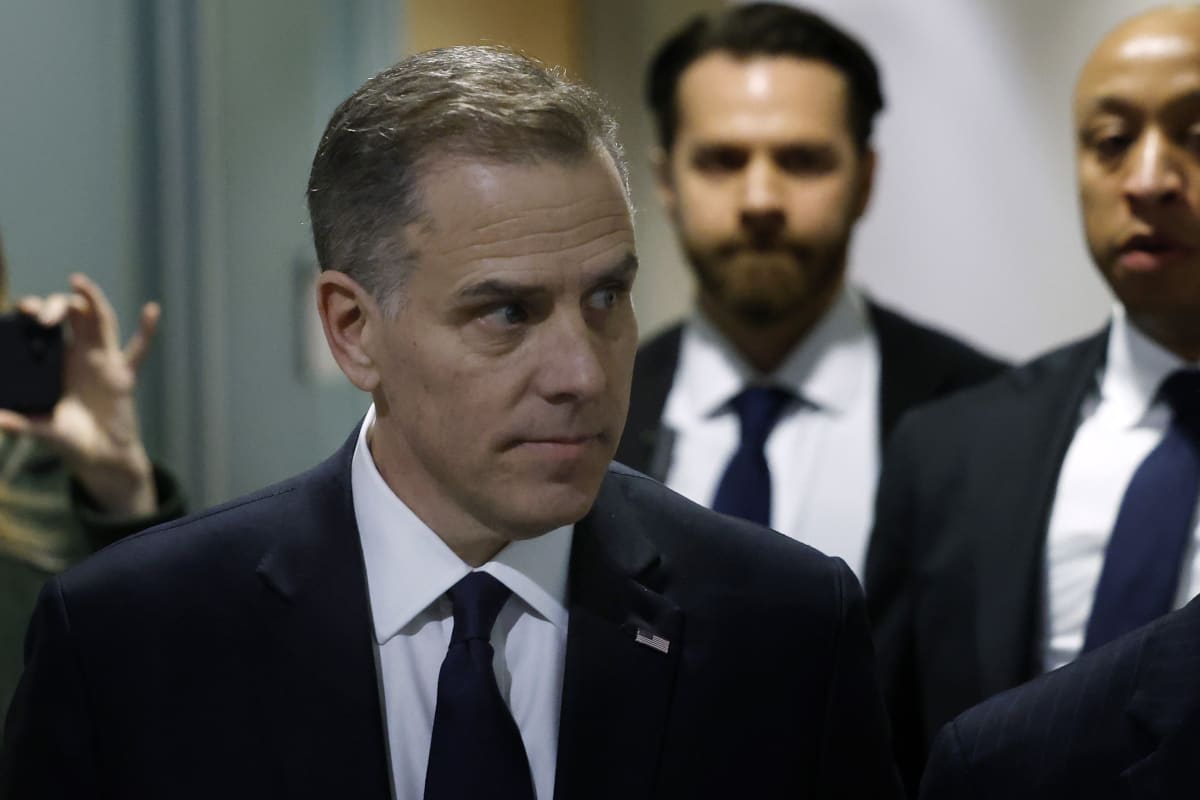
First son Hunter Biden's pressing legal issues would be a prominent topic in the Trump-Biden debate, as per a report by the New York Post. The outlet cited a Trump insider who claimed the former president would bring up Hunter's legal issues and evidence if the president chose to mention any of Trump's cases. "It's an easy way to draw blood from Joe Biden when Trump legal stuff comes up. It's a full proof defense and way to make Biden pay," the source said. The first son will go on trial for federal gun charges on June 3 in New York. And another trial in a tax evasion case is set to start on September 5 in California.
2. Trump's trials

Trump's criminal cases, particularly the ongoing hush money trial, could be another hot topic in the upcoming face-off between the major party candidates. Biden frequently referred to his predecessor's indictments, particularly the alleged attempt to overturn the 2020 election results. Therefore, it is highly likely the incumbent might attack Trump for his conduct after their previous White House race. Although the remaining three indictments against the 45th president are not expected to go to trial before the November election, Biden would ensure that he wooed the voters, reminding them of the criminal trials Trump could eventually face. As per the latest polls, Biden is lagging behind Trump, with only five months left for Election Day on November 5.
3. Rising antisemitism in the US

Rising antisemitism as a result of the Biden administration's stance on Israel's war on Gaza could be another central focus of the debate. Trump would undoubtedly attack his successor over his weak response to the anti-Israel protests that gripped the campuses the past weeks. The ex-POTUS earlier this month accused Biden of running a "Gestapo administration", a reference to Nazi Germany's secret police force. Furthermore, the president had a delayed response to the rising antisemitism against Jewish students on campuses across the country. Biden, who remained silent for days, eventually criticized the college protests but said he supported peaceful demonstrations.
4. Foreign policy and aids

Trump is back with his "America First" agenda, similar to his 2016 campaign. The ex-president had indicated the possibility of the US withdrawing from key alliance and defense commitments, including NATO. However, he blasted Biden's decision to halt arms supply to Israel because of the Rafah offensive. This indicates Trump's support for the Jewish state amid its ongoing war against Hamas. Meanwhile, the Biden administration received a blow due to its support for Israel in its war on Gaza after the pro-Palestine protests on campuses. This shifted his stance, forcing him to work towards a temporary ceasefire and providing more humanitarian aid to Gaza. On the other hand, Biden's support for Ukraine faces opposition from Republicans, including Trump. In addition, the debate could also touch upon topics including the US withdrawal from Afghanistan, which was criticized by many.
5. Border and immigrant issues

Trump pledged to carry out the largest deportation of illegal immigrants in the history of the US if he entered the White House next year. The increase in the migrant influx at the southern border during his administration could adversely impact Biden because Trump had often blamed him for the border crisis. The incumbent had unsuccessfully tried to pass a border security bill to resolve the worsening crisis, but Congress thwarted it. Trump reportedly pressured the GOP senators to kill it to prevent his opponent's legislative victory. The former president, on the other hand, plans to expand the border policies of his first term, which involve instructing law enforcement and the National Guard to expel millions of unauthorized immigrants.
6. Abortion rights

After months of speculation, Trump recently stated he would not enforce a federal abortion ban and instead left it to the hands of individual states. However, the Democrats are using his role in overturning Roe v Wade in 2022, through the appointment of three conservative judges to the Supreme Court, to warn the voters about the future of abortion rights if Trump wins in November. Severe backlash due to Republicans' restrictive approach to abortion rights had shifted Trump's stance on the issue. However, it remains unclear whether he would support the use of the abortion pill mifepristone. For Trump, abortion should have exceptions to rape, incest, and medical emergencies. Biden, on the other hand, vowed to restore Roe v Wade if he gets reelected. The president's promise to safeguard access to mifepristone and laws protecting abortion rights in states like Ohio is in stark opposition to Trump's stance.
7. Economy

Trump is a hardcore critic of the growing federal debt under the Biden administration, but critics argue that the debt increased during the former president's watch. More importantly, both candidates hold an opposing take on tax. While Trump focused more on corporations, Biden turned his attention to middle and lower-income citizens. The 45th president in 2017 passed a $1.5 trillion tax bill that massively reduced tax rates for corporations. However, Biden's approach to economic boost was based on Bidenomics, which aimed to lift the economy from Covid-19 induced recession. Besides funding major infrastructure projects and climate initiatives, the president demanded an increase in corporate tax from 15% to 21%. His other plans included the restoration of the Child Tax Credit, a permanent healthcare tax credit, and a two-year-long $ 400-a-month tax credit to new home buyers to reduce mortgage costs. The GOP claimed the incumbent's tax policies caused inflation that negatively impacted the house budgets.
8. Climate change

Trump and Biden are poles apart in climate policies. The former president, who infamously withdrew the US from the Paris Agreement during his tenure, pledged to increase domestic oil gas production if elected. According to Project 2025, the Republican's presidential transition plan, Trump would also reverse many of the environmental policies brought by Biden. On the other hand, the president rejoined the Paris Agreement immediately after taking office in 2021. Biden's other environmentally friendly initiatives include the American Climate Corps, which offers training to the youth interested in tackling climate crises, reducing greenhouse gas emissions to half by 2030, and a 100% carbon pollution-free American power sector by 2035. He also introduced limitations to drilling and mining in Arctic National Wildlife Refuge in Alaska.

